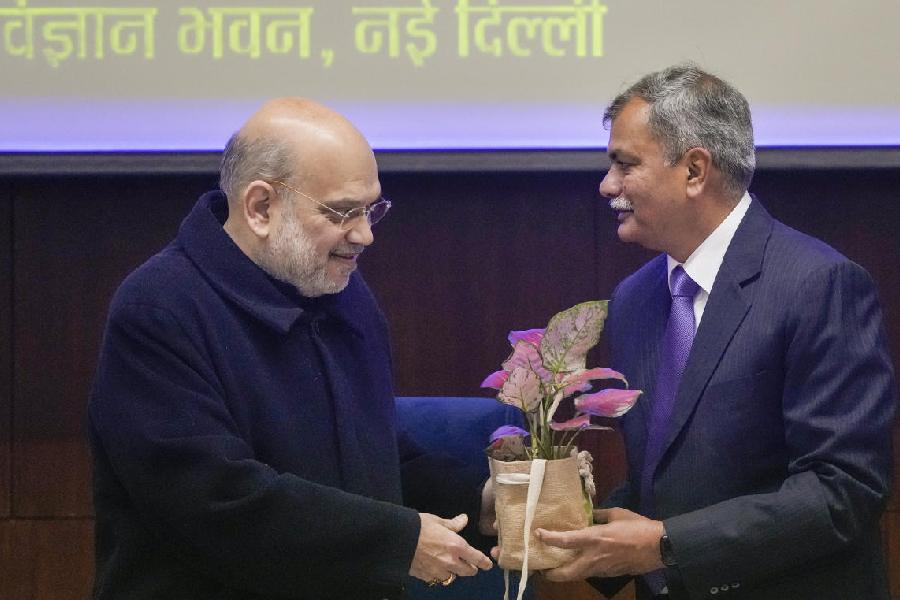Human behaviour can be a fascinating area of study, even when public conduct is far from ideal. Consider the findings of a recent study on social behaviour across 31 nations. A team of 65 researchers found that Japanese society is the most conscious when it comes to ‘social mindfulness’ — an intrinsic, collective ability to comprehend the outcome of individual action on others. Seventy-two per cent of decisions in Japan, the researchers found, could be categorized as ‘socially mindful’, putting Japan as the leading exponent of a culture that prioritizes the spirit of cooperation. The study threw up some interesting nuggets. The score for Canada, touted as one of the politest of nations, was poor: 57 per cent of the conduct of Canadians was bracketed as such, while neighbouring United States of America, the high priest of individualism and, in recent years, insularity, managed a score of 58 per cent. China, which is seeking to topple the US from its high pedestal, had a better ranking than its rival with a reading of 62 per cent. India, unsurprisingly, found itself in the lower rungs, with a score of 50 per cent; only Turkey — 47 per cent — and Indonesia — 46 per cent — fared worse.
The researchers may have warned against any value judgment on the basis of their study but it would be tempting to draw some broad conclusions. Cooperation has been one of the pivots that supports the edifice of civilization. The progress made by mankind in the course of its history was made possible because human society mastered collaboration and, in turn, nurtured a sense of empathy far better, and quicker, than other species. Yet it seems that this very foundational element is now in crisis, albeit in varied degrees, across large swathes of the globe. A number of causal reasons can be speculated upon. They would range from the pursuit of materialism to absorption in forms of technology that encourages the deepening of narcissism, undermining cooperation and enterprise. The impact of such insularities has acquired distinct political forms: the rise of shrill nationalism that vilifies pluralism in India and the world is a case in point. Citizens and nations must learn to be mindful of others if the world is to retain its humane visage.











